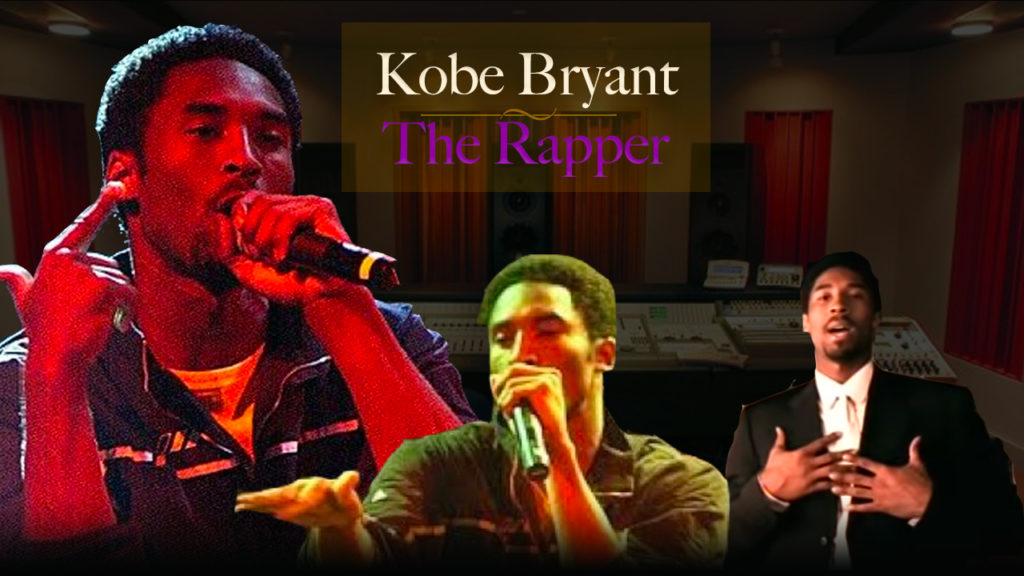Kobe Bryant was known for many things, his iconic basketball career, being an incredible father, an Oscar winner. One thing we tend to forget is before winning his first ring Kobe was also a rap artist.
In an interview with ET, LL Cool J recently discussed a night where Kobe played him an entire “gangster rap” album. LL told Kobe to focus on other things, mainly basketball. He insisted that Kobe should stay away from the genre as it could affect his endorsements & overall game.
This made us take a deeper dive into Kobe’s rap career & the story is very interesting. It all started back in Philadelphia where Kobe joined the rap conglomerate CHEIZAW. Inspired by the Wu-Tang Clan, the group’s name came from Kung Fu classics.
Steve Stoute signed the group to Sony in the late ’90s. The label quickly turned the upcoming album from a CHEIZAW project to a Kobe featuring CHEIZAW album before deciding to dedicate the whole project to Kobe’s solo career.
Kobe spent an entire summer with Stoute in New York. When he wasn’t training he was working on his music. He recorded at the famous Hit Factory, working with the legendary Trackmasters. He loved the challenge of conquering rap & partook in many ciphers.
While Kobe’s roots were lyrical, Sony had other plans. Sony wanted Kobe, the rapper, to be a sensation. They paired him with Bryan Mcknight & had the young Lakers draftee deliver a verse for “Hold Me”.
This shifted Kobe from a “lyrical” rapper into what we saw, the commercial rapper who released verses with Bryan Mcknight, Destiny’s Child & Shaq. Sony wanted Kobe to become a rap icon & they took the commercial approach.
The problem was Shaq’s recent album had flopped, as did Deion Sanders Primetime project. The athlete/rapper wave had passed & Sony was pushing Kobe to be less lyrical and more commercial. This led to Kobe performing “K.O.B.E.” at the 2000 All-Star game with Tyra Banks singing the hook.
The performance was mocked and considered a disaster. This marked the beginning of the end of his time with Sony. Stoute left Sony and shortly after they dropped Kobe. This led to Kobe helping in launching his own label, an endeavor that lasted only a year before the independent label collapsed.
Before it was all said and done Kobe worked with Clark Kent, Trackmasters, 50 Cent, Nature & others. Though his rap career was short-lived, those who were a part of the journey described Kobe as a competitive, lyrical & skilled rapper.
He showed the same traits that developed him into one of the greatest basketball players this world has ever seen.
While there are some songs online, the entire “gangster rap” album that LL Cool J heard may never surface. We can only hope that one day this album gets uploaded somewhere as we’re all curious what it sounded like.
Rest In Peace Kobe.


